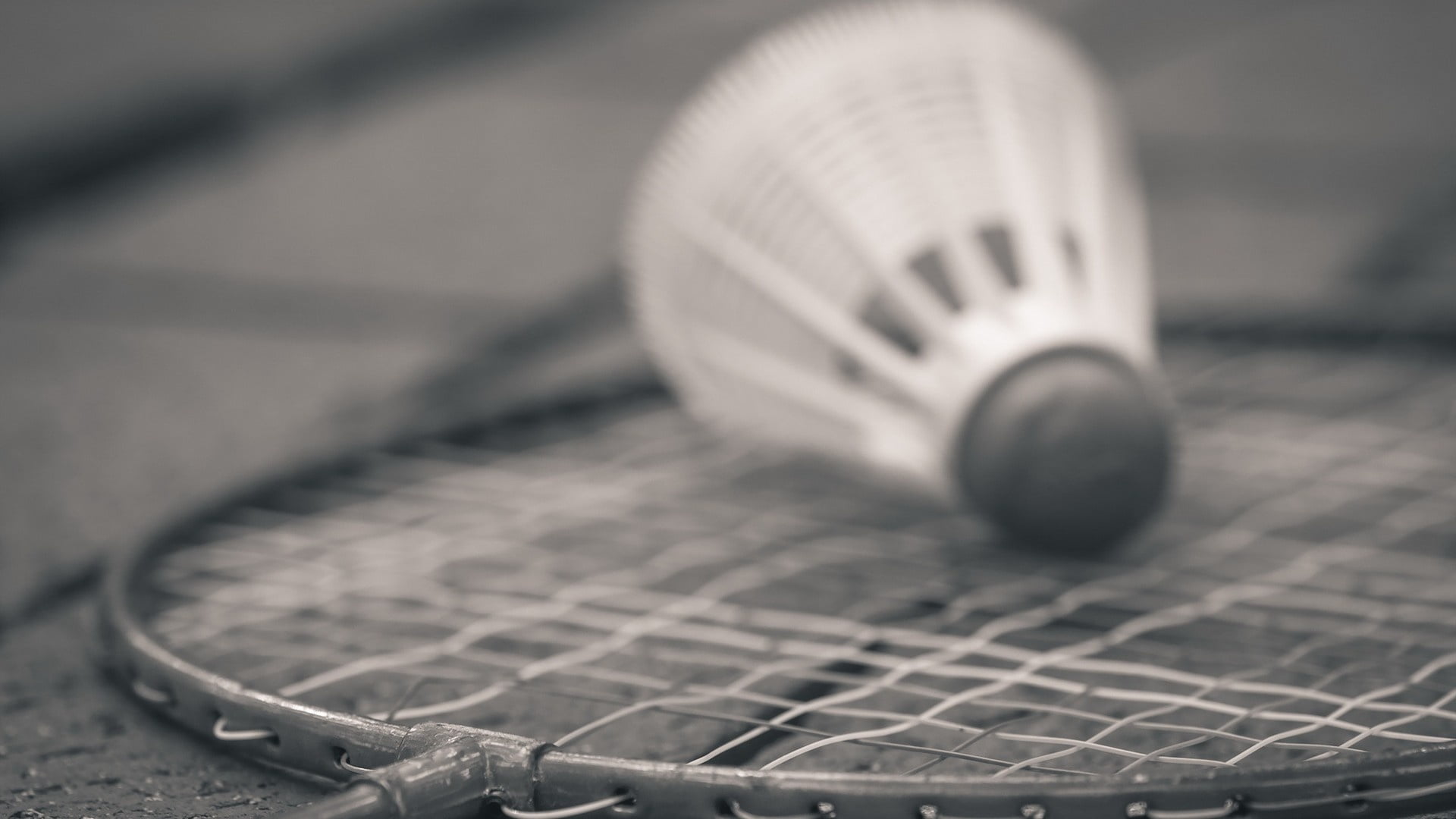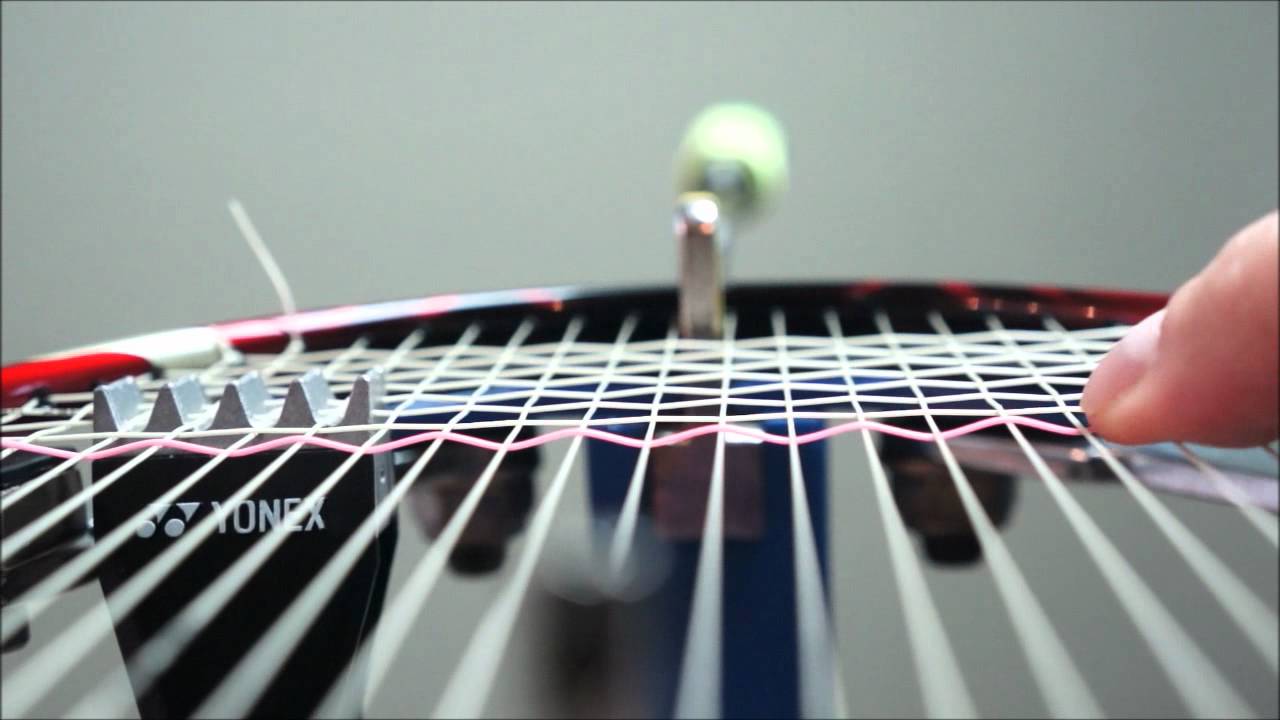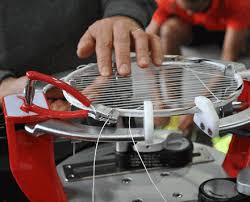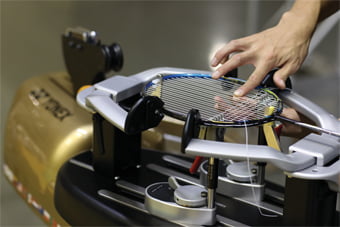BADMINTON RACKET STRINGING | Badminton rackets are built to withstand the impact from hundreds of games. However, the strings in your racket don’t last as long. And if you’re planning to maintain your racket and keep it in good shape, you need to change the strings on a regular basis.
Even if one string happens to break, it’s best to change the stringing completely, or the racket frame may lose its shape.
If you aren’t sure how to go about this, here is a brief guide on how to string your racket.
Determine The Ideal String Tension
The way you string your racket depends on whether you prefer powerplay or a more controlled, technical game.
Strings with higher tension are ideal for those with a more controlled style of play, as they result in a smaller sweet spot. This requires the player to employ a lot more technique when hitting the shuttle.
On the other hand, a racket strung with a lower tension string is ideal for the powerplay. This is because there is a lot more bounce, or repulsion, from the string bed, allowing the shuttlecock to be propelled easily into the air.
If you’re a beginner, it’s best to start with a lower string tension (between 17 lbs and 20 lbs), and gradually increase the tension as you improve your game. Many professionals string their rackets at 30 lbs or higher.
Prepare Your Racket
Even if single string snaps in the middle of a game, be sure to cut out the strings. The uneven tension can cause the racket frame to bend or morph out of shape.
Once you’ve cut out the strings, examine the grommets on the rim of the racket. Damaged grommets are often the main cause of a broken string. If you find that any of the grommets are damaged, make sure you have them replaced before restringing your racket.
Cut Extra String
This is very important, and cannot be stressed enough – always cut out more string than you think you’ll need. This way, even if you have the extra string, you can simply get rid of it. However, if you happen to cut too little string, you won’t be able to string out your racket completely and you’ll have to start all over again.
Also, be sure to choose a racket tension based on the climate you’re playing in. In tropical climates, string tends to expand a little, resulting in lower string tension. So here, it’s best to string the racket with a higher tension (say, 24 lbs) so that the weather balances out the string tension.
In cold climates, on the other hand, the string becomes brittle and it’s best to use a lower tension of around 18 lbs.
Also read: 10 Best Strings For Your Very Own Badminton Racket
Find A Stringing Machine
If you’re a beginner or an intermediate player, who plays badminton once in awhile, you may not want to invest in a stringing machine. Instead, find a place where you can use a stringing machine for a small fee.
You’ll find many sports shops willing to string your racket for you. But be sure to select the string tension and type of string beforehand.
Don’t Be Stingy!
You can find two types of strings in most sports goods shop – thin and thick strings. The thinner strings are less durable and will snap within a few games.
And if you play badminton on a regular basis, pay a little extra and get yourself thicker badminton strings. It’ll be worth the investment!
Good luck with stringing your racket!
You might also like: Where Can You Get Badminton Strings Done In Bangalore?








0 Comments